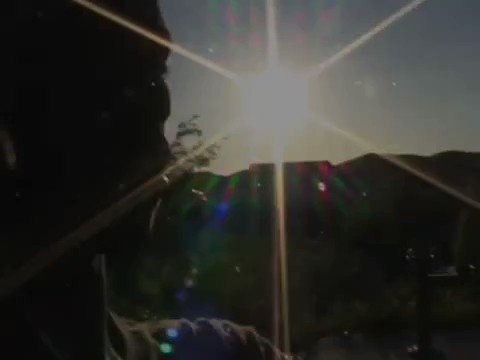Thank you for reading Matriarchy Report. To support our work, become a paid subscriber, starting at $5, using the link below.
I did not watch the video footage of Tyre Nichols being brutally beaten, and I’ve been reading reports and talking to friends who decided they don’t need to see the footage, either.
Keep reading with a 7-day free trial
Subscribe to Matriarchy Report to keep reading this post and get 7 days of free access to the full post archives.


